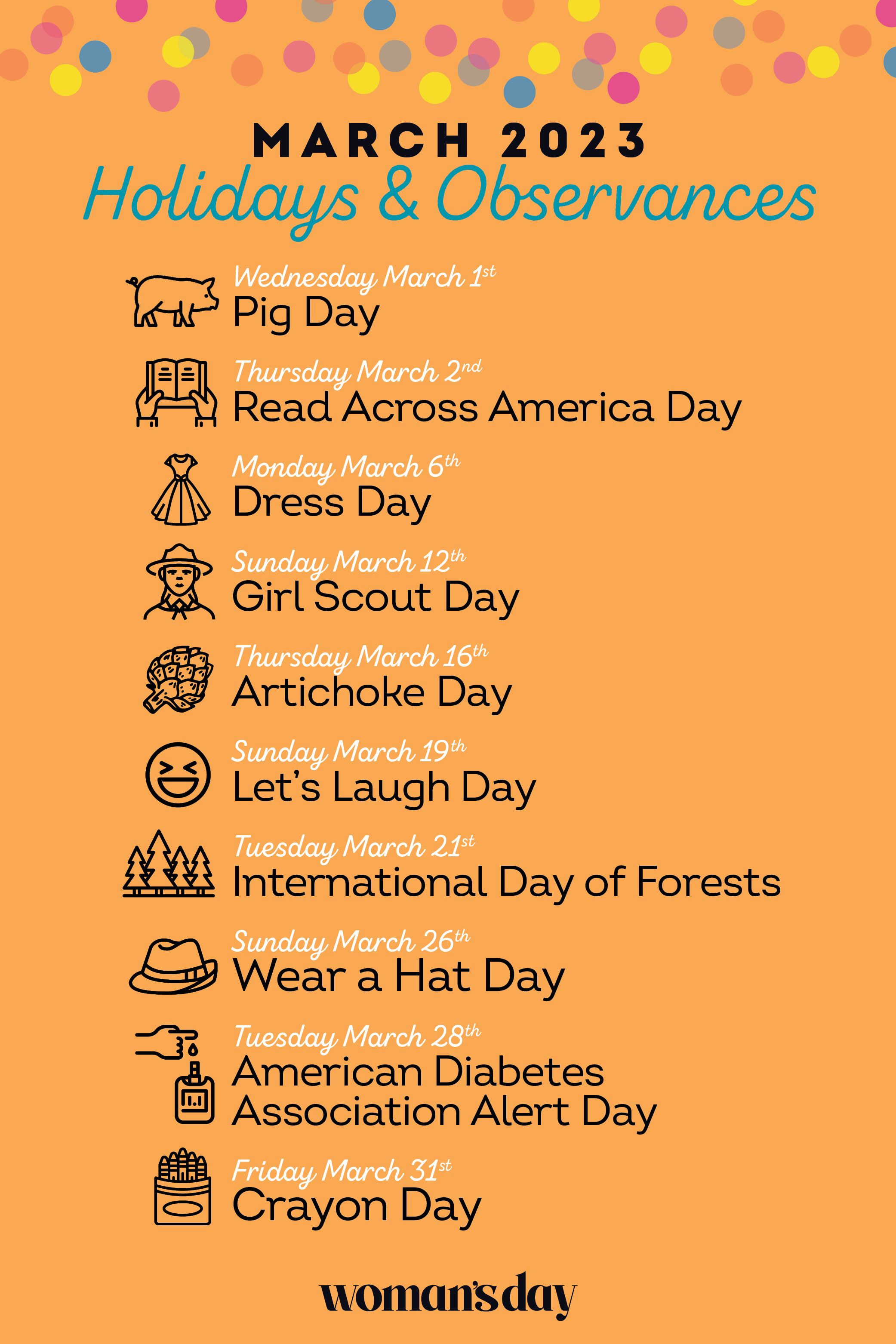Holidays on August 29: Traditions Festivals & Events
The date August 29 holds significance across various cultures and regions, celebrated through diverse traditions, festivals, and events. As the summer winds down, this day offers a rich tapestry of experiences shaped by historical, religious, and social influences. From culinary delights to communal gatherings, the celebration of August 29 invites participants to engage deeply with their heritage while fostering a spirit of unity.
In many parts of the globe, August 29 is marked by specific commemorations that resonate with the local populace, serving as a canvas upon which communities paint vivid expressions of cultural identity. Notably, in countries with strong Christian traditions, this date is observed as the feast day of Saint John the Baptist, which commemorates the nativity of this essential figure in Christianity. The festivities include processions, religious services, and community feasts – each an opportunity for people to come together in reverence and joy.
In some regions, particularly in Central America, August 29 is also marked by the Día del Niño, or Children’s Day, a celebration dedicated to honoring the youth of the community. Activities range from carnival-style fairs, complete with games and cotton candy, to educational workshops designed to empower children while celebrating their vitality and importance in society. The local government often sponsors these events to encourage participation and create awareness around children’s rights, thus merging fun with a commitment to advocacy.
The culinary aspect of the celebrations cannot be overlooked. Foods prepared during this time often reflect historical significance and regional specialties. Traditional dishes may include tamales, pupusas, and various tropical fruit desserts. Street vendors typically thrive during this period, as families and friends gather to share meals and socialize, reinforcing community bonds through culinary traditions.
The essence of August 29 is often encapsulated in the various festivals that take place all around the world, particularly in Latin American countries. For instance, Costa Rica celebrates the feast of San Ramón Nonato, known for his miraculous works in the medieval period. This event sees colorful parades adorned with papel picado – intricately cut paper banners – and traditional music echoing through the streets, creating a vibrant atmosphere that enchants both locals and visitors alike.
Agricultural communities may also choose to honor the late summer harvest on this date. Festivals dedicated to local crops celebrate the fruits of labor and the connection between the land and its people. Such events evoke a sense of gratitude and reverence toward nature, as farmers offer blessings for abundant yields. These festivals typically include competitions for the largest vegetable or the best homemade preserves, fostering a friendly rivalry that further unites the community.
As the celebration of August 29 unfolds, it opens avenues for intergenerational exchange. Older generations share stories of the past, passing down traditions and values that have shaped their identity. Meanwhile, the youth embrace modern elements of celebration, incorporating technology and social media to amplify their experiences. This intermingling of past and present creates a dynamic atmosphere that honors history while encouraging innovation.
In essence, holidays on August 29 encapsulate a wide array of traditions, festivals, and events that highlight the richness of human experience. Whether through religious observances, community-wide celebrations, or agricultural fairs, this date stands as a testament to the interconnectedness of people and their shared heritage. Each event reflects a unique cultural narrative, inviting participants to engage with their roots while fostering a sense of belonging, community, and continuity.
Ultimately, August 29 serves as a reminder of the importance of celebrating life’s various facets. From fostering unity through gatherings and reaping the benefits of the harvest to paying homage to religious values and cultivating the next generation, these traditions are a vital part of the global tapestry. They allow people to reflect, rejoice, and reconnect with what it means to be part of a vibrant community.
You May Also Like
Best Fish to Catch in Australia: A Guide for Anglers
Australia boasts an extraordinary diversity of fish species, making it …
Emily Bay Norfolk Island: A Hidden Gem in the Pacific
Emily Bay, a picturesque enclave nestled on the sun-kissed shores of …
Holidays on August 23: Global Festivities & Observances
August 23 is a date that carries a bouquet of cultural significance …





